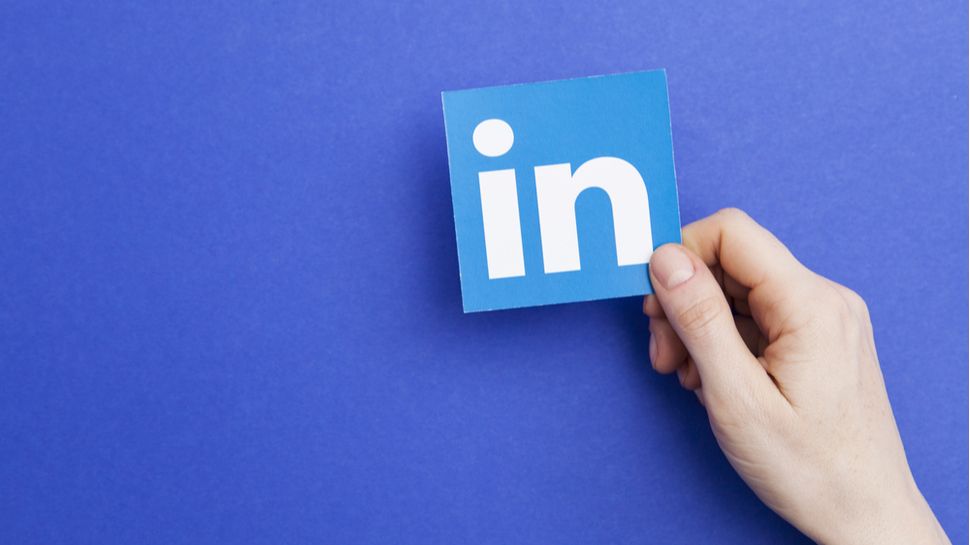VC Atomico raises €1B in glimmer of hope for European tech startups
It is no secret that European tech funding has seen an alarming decline throughout the past 24 months. Thankfully, there are still some bright spots. London-based venture capital firm Atomico is challenging the trend, having raised $1.1bn (€1.05bn) of new funding to invest in tech startups.
Atomico will use the funds across both its new venture and growth funds, according to a US regulatory filing seen by the Financial Times. As such, it will be hoping to at least soften the gloomy predictions from its own data presented earlier this year on the state of European tech investment.
According to figures released by the VC in June, European tech was on track for a 39% reduction across the year, dropping from $83bn (€79bn) in 2022 to $51bn (€48.65bn) in 2023. That follows a harsh 2022, which had already seen a 22% drop in tech startup funding across the continent, down from $106bn (€101bn) in 2021.
Economic headwinds have prompted new investment strategies, with restructuring leading to mass layoffs and hiring freezes for startups across the region. US participation in European deals has also dropped, according to data from Pitchbook. In July, American participation in VC deal value was down 69% year-on-year.
However, more trend-resilient sectors such as pharma and biotech have escaped relatively unscathed. Furthermore, the generative AI gold rush is spurring optimism for software startups in the field.
Europe the new ‘tech superpower’ Skype founder says
Established by Skype founder Niklas Zennström in 2006, Atomico has backed well-known companies such as Klarna, Stripe, Telegram, and Masterclass over the years — plus another 100+ startups. Among them are Finnish game developer Supercell, German AI translation platform DeepL, British carbon project financing platform Opna, and German electric jet developer Lilium. The firm has $5bn (€4.76bn) under management and previously raised $820mn (€780mn) for its fifth fund in 2020.
Despite the current dip in funding for the sector, Zennström, who grew up in the same Swedish university town as the author of this article, is bullish about the future of European tech. In particular, he is excited about the number of second- and third-time founders that have learned from failures and success on previous rides on the startup merry-go-round, and can build stronger businesses as a result.
Indeed, in a blog post from this summer, Zennström stated that Europe had the “potential to create more value from technology than any other region,” and the opportunity to become a “tech superpower,” creating a better technological future, which would truly meet the needs of modern society. We are here for it.
/cdn.vox-cdn.com/uploads/chorus_asset/file/12322325/acastro_180730_1777_facial_recognition_0002.jpg)

